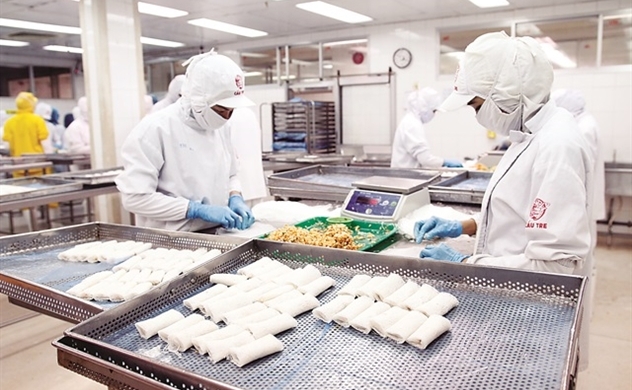Vietnam eyes higher taxes to curb real estate speculation
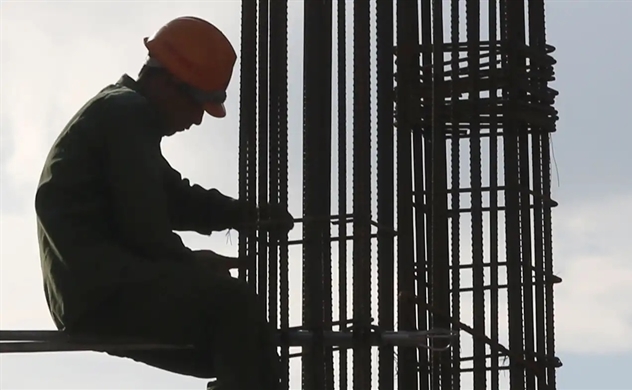
A construction site for an apartment building in Hanoi. Vietnamese housing sales have stalled due to high interest rates. Photo bye Reuters.
The proposed amendments to Vietnam's real estate laws include levying taxes on ownership of second homes as well as setting higher tax rates on urban properties.
Final decisions on the amendments are expected during the fall legislative session. The proposals follow earlier deliberations by the Communist Party's Central Committee.
Another proposal would block real estate purchases from receiving a tax break. Vietnam has been looking to lower its value added tax to 8% from 10% across the board, but properties might be excluded in an apparent bid to maintain tax revenue.
Vietnam's real estate market has been depressed since mid-2022. Interest rates on home loans easily surpassed 10%, which weakened sales. This came on top of an economic slowdown due to a drop in external demand.
During the first quarter of 2023, condominium sales in Ho Chi Minh City plunged 27% to 960 listings from the year-earlier period, property data provider CBRE reports. The value of investment properties has tumbled by as much as 50%, according to local media.
Real estate companies have been scrambling to generate demand. Industry leader Vinhomes is offering an incentive that waives interest on condo loans for 15 months, with borrowers subsequently eligible for rates discounted by 7-8 percentage points.
According to Vietnamese ratings agency VIS, 252 trillion dong ($10.7 billion) worth of corporate bonds are due for redemption in the last three quarters of the year, with 113 trillion dong at risk of default. Over 80% of the risk-impacted debt originates in the real estate sector.
Hanoi issued a decree in March allowing struggling companies to redeem bonds with equities and properties. The government also established a 120 trillion dong credit program that will extend low-interest financing.
Vietnam's current legislative session lasts through June 23 with an eight-day break in the middle. Though policymakers are expected to tackle the economic slowdown, the legislative agenda risks dealing another blow to the real estate market.
Until recently, real estate players had expected the property market to recover in the second half of this year. Now the pessimistic outlook extends through the full year in many cases.
"The Vietnamese economy was propped up by a myth that property values will continue to grow," a business operator said.
Source: Nikkei Asia
Same category news
Latest news
-
Huyen Hoang

 TIẾNG VIỆT
TIẾNG VIỆT 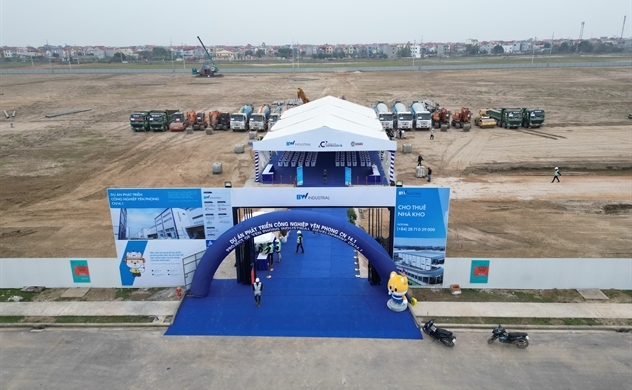
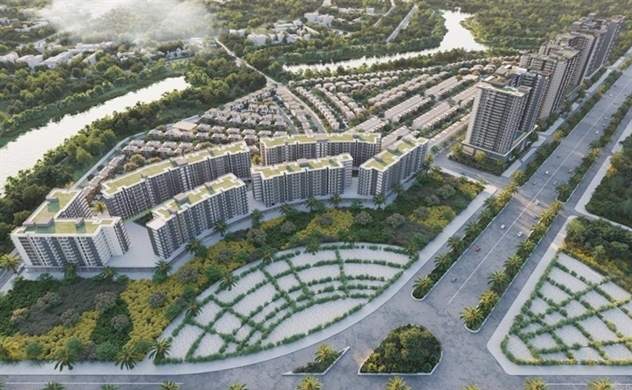
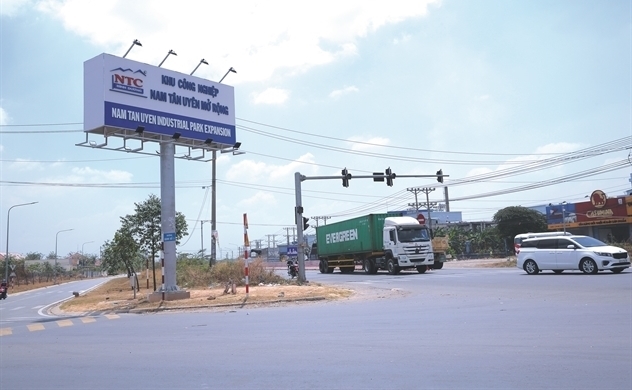
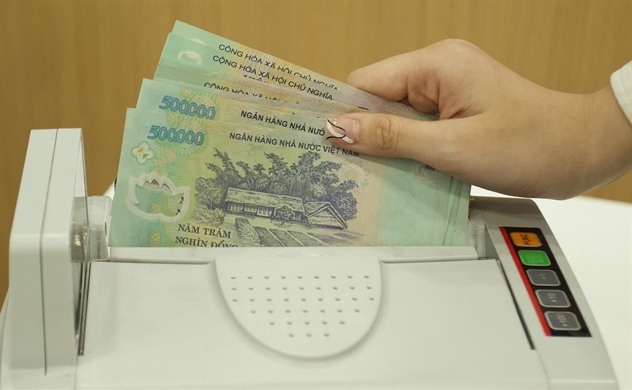
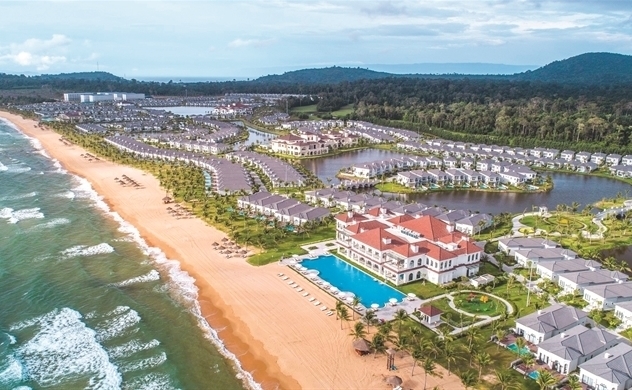
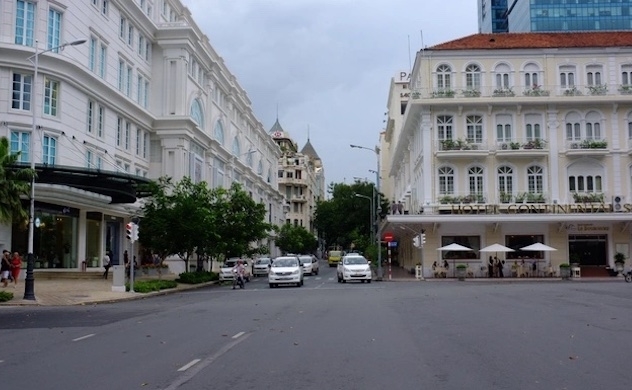



_291615658.jpg)

